Apple's Long Game: How a Privacy-First AI Strategy Is Reshaping Silicon Valley's Future
Apple's strategic approach to artificial intelligence is not a sprint to the finish line; it is a different race entirely. While competitors rush out cloud-first tools, Apple is carefully assembling what could become the most secure and ethical AI ecosystem in the industry. Not a pivot, a plan. One that puts privacy, security, and trust at the center.
The company's deliberate pace rests on three principles that separate it from the pack. Protect privacy at every step, avoid rushed launches that erode trust, and make sure AI features fit the existing ecosystem like native parts, according to AI Certs. It is more than caution. It is a rethinking of how AI should live in daily life.
What makes the strategy compelling is the focus on on-device processing and a Private Cloud Compute architecture. Apple pushes AI workloads to devices whenever it can, leaning on a privacy-by-design philosophy that AI Magazine notes is central to its ethical approach. Inside Apple, this is already changing how engineers work, with AI tools slashing analysis from days to minutes.
Building the foundation: Apple's unique AI architecture
Apple's AI system, called "Apple Intelligence," is a hybrid, multi-tiered design that balances privacy, performance, and power. It combines on-device models, Private Cloud Compute, and selective integrations with partners such as OpenAI's ChatGPT, according to Klover AI. Not just another platform, a new way to fit intelligence into personal tech.
Under the hood, the on-device foundation model reportedly runs at roughly 3 billion parameters, tuned for Apple hardware so it stays efficient without sacrificing data security. Most day-to-day requests are handled offline with low latency, running smoothly on Apple Silicon like the A17 Pro chip and newer M-series processors, Klover AI explains.
When tasks get heavier, Private Cloud Compute takes over with strict security. PCC servers have no persistent storage, so they cannot keep processed data long term, as detailed by Wired. After a reboot, nothing remains, and the entire system volume becomes cryptographically unrecoverable, which ensures data disappears after processing.
Pro tip: Apple's zero inference cost model for developers is a real edge. Because models run locally, teams can ship AI features without ongoing cloud API fees, which encourages innovation and keeps user data on the device.
Developers get more than architecture. Apple offers over 250,000 APIs across AR, health, graphics, and machine learning, and the Foundation Models framework lets teams add generative features with just a few lines of Swift code. Combine that accessibility with zero inference costs on the device, and you get a strong incentive to build inside the Apple ecosystem, Klover AI notes.
Privacy as a competitive advantage, not just a feature
Privacy is not copy on a product page, it is in the circuitry of the system. Apple leans on on-device processing, federated learning, and differential privacy to protect users, Learn Prompting reports. Sensitive company material like emails, documents, and meeting notes stays local, according to Dr Logic.
The implementation backs it up. Private Cloud Compute uses end-to-end encryption from the device to validated PCC nodes, so requests are inaccessible in transit to anything outside those protected nodes. Apple Intelligence data is designed to be cryptographically unavailable to standard data center services, and once a response is encrypted and sent, nothing is logged.
Transparency and accountability are part of the package. Every production PCC server build is published for public inspection with cryptographic attestation logs, and PCC is covered by Apple's bug bounty program with cash rewards for vulnerabilities, as reported by Wired. For a major tech company's AI stack, that level of openness is rare.
The business angle is clear. Apple's privacy-first stance lines up with organizations wary of tech dominance and data risk, Dr Logic notes. With privacy concerns rising, the approach resonates with users who are tired of pervasive data collection, CTO Magazine observes. In practice, Apple is pitching itself as a guardian of personal data, and that trust is a moat.
The ethical AI framework that sets new standards
Responsible AI at Apple is not a checkbox. A multidisciplinary team of academics, ethicists, trust and safety specialists, and legal experts leads the work.
The safety stack is specific. Apple built a taxonomy with 12 primary categories and 51 subcategories that map out risk across generative features. Sensitive user data is excluded during pre-training, and red teaming blends automated tests with human review to catch weaknesses before launch.
Those safety choices shape data sourcing and model development. Apple says it did not use private user data and relied on a mix of public and licensed data for Apple Intelligence, filtering training sets to include only repositories with licenses that allow training use, TechCrunch reports. That approach aims to set a cleaner baseline for how training data is handled.
Apple's latest features also include transparency reporting that tells users when generative tools were involved in creating content, AI Magazine notes. The recently published AI ethics guidelines emphasize user autonomy, require explicit consent for training on personal data, and provide clear opt-outs. A small thing on paper, a big deal in practice.
Real-world impact: transforming workflows while maintaining trust
The ecosystem is already delivering. AI tools help IT teams analyze huge data streams in minutes, not days, and can spot trouble early by reading log patterns, resource trends, and user anomalies to forecast outages or performance issues. Less firefighting, more foresight.
Across the platform, Apple Intelligence unlocks new ways to work and communicate. Live Translation slots into Messages, FaceTime, and Phone so users can talk across languages, and visual intelligence can recognize objects, places, and events on screen, then suggest adding an event to Calendar or searching for similar items online, according to Apple's newsroom. It feels native because it is built that way.
Enterprises get obvious benefits. Many AI features run on device, enabling offline workflows that still respect privacy, and tools like real-time transcription, translation, and task automation lift collaboration for hybrid and remote teams, Dr Logic explains. Productivity and compliance, together, no tradeoff required.
Apple's roadmap aims big. Reports suggest the company plans to reach 250 million devices with comprehensive AI capabilities by the end of 2025. Scale plus a privacy-first posture could reset expectations for what personal and professional AI should be.
The long game: reshaping the AI industry's future
Apple is not chasing a bigger brain; it is redefining what good AI looks like. The goal is reliable, private, efficient tools that handle practical tasks, shifting emphasis from generalized intelligence to personal intelligence, Klover AI reports. That reframing could nudge the entire field in a different direction.
The economics line up with the vision. A privacy-first approach fuels multiple revenue streams, with AI enhancing services that could add $10 to $15 billion annually by 2027, and lifting the App Store economy through private, on-device apps, according to Klover AI. Apple also points to over $500 billion in U.S. investment over four years to support AI R&D and manufacturing, a signal of how serious the commitment is. Those dollars directly support the privacy advantages that set it apart from cloud-dependent rivals.
There is another effect. Apple's careful entry sets a template for how to balance speed and responsibility, focusing on features that genuinely improve the experience instead of shipping half-baked tools, AI Certs observes. As privacy rules tighten and expectations rise, that mindset could become the norm.
The strategy also positions Apple as the "Switzerland" of AI models, a trusted platform that brokers access to user data and models securely, Klover AI notes. If concerns about AI safety and data security keep growing, that neutral, privacy-focused role becomes very valuable.
Bottom line: Apple's thesis for AI dominance is a deliberate, multi-pronged, long-term push to win the era of personal intelligence, according to Klover AI. By prioritizing trust, privacy, and user control over raw horsepower, Apple is betting that the future belongs to those who deliver intelligence without compromising the values people care about. It is a patient, principled strategy, and it just might be the most disruptive move of all.




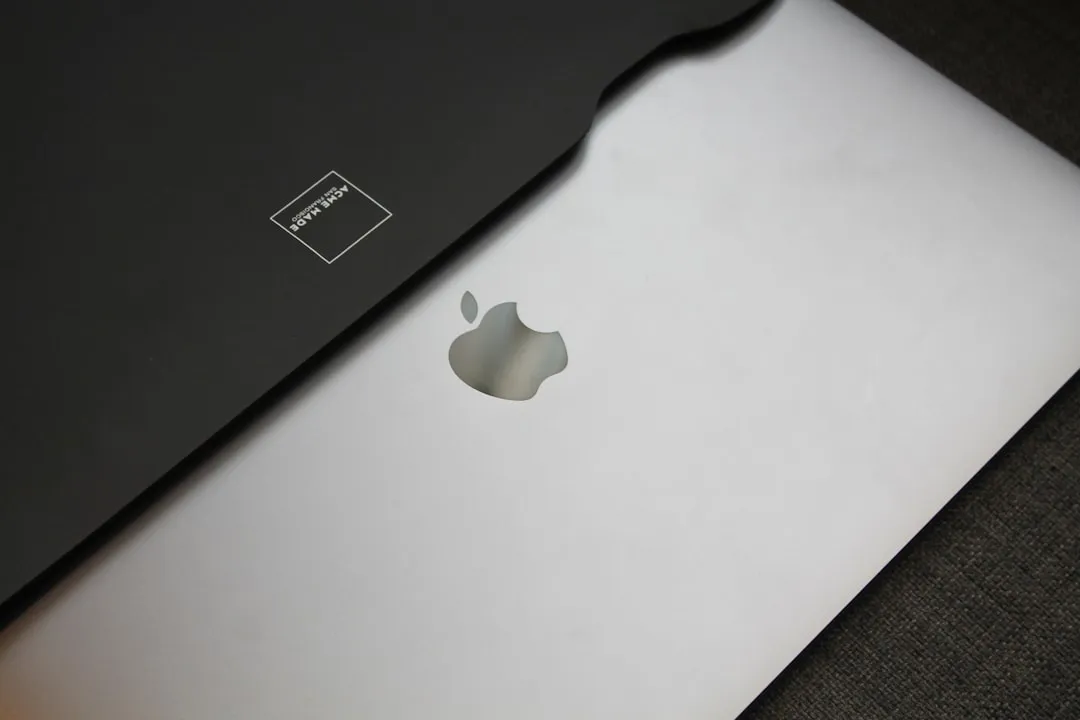

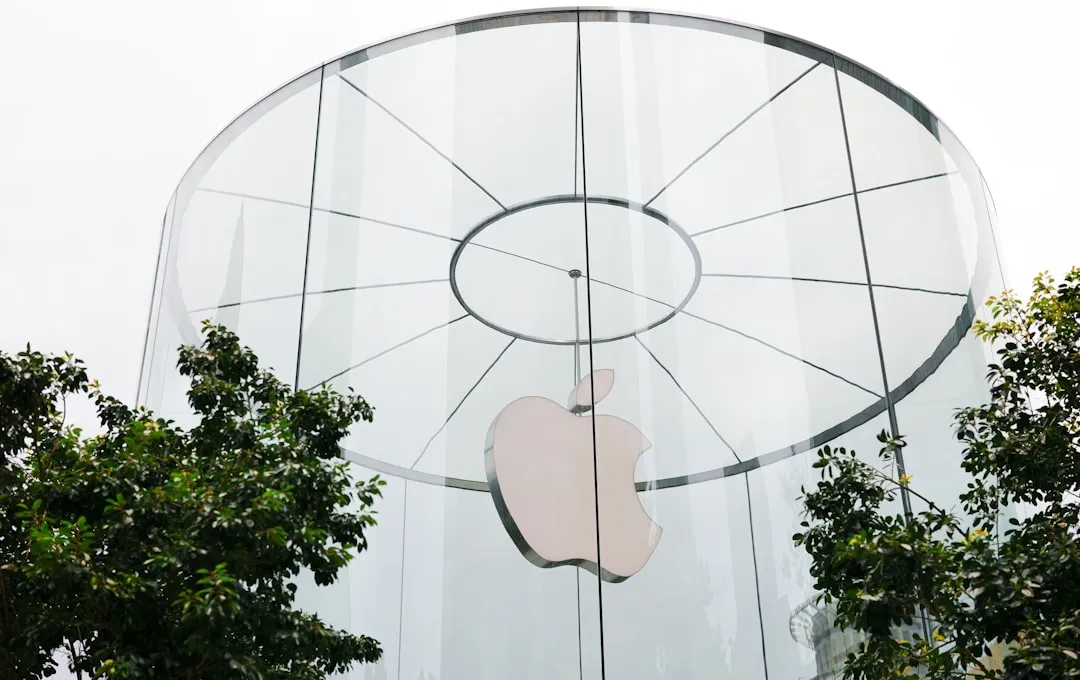


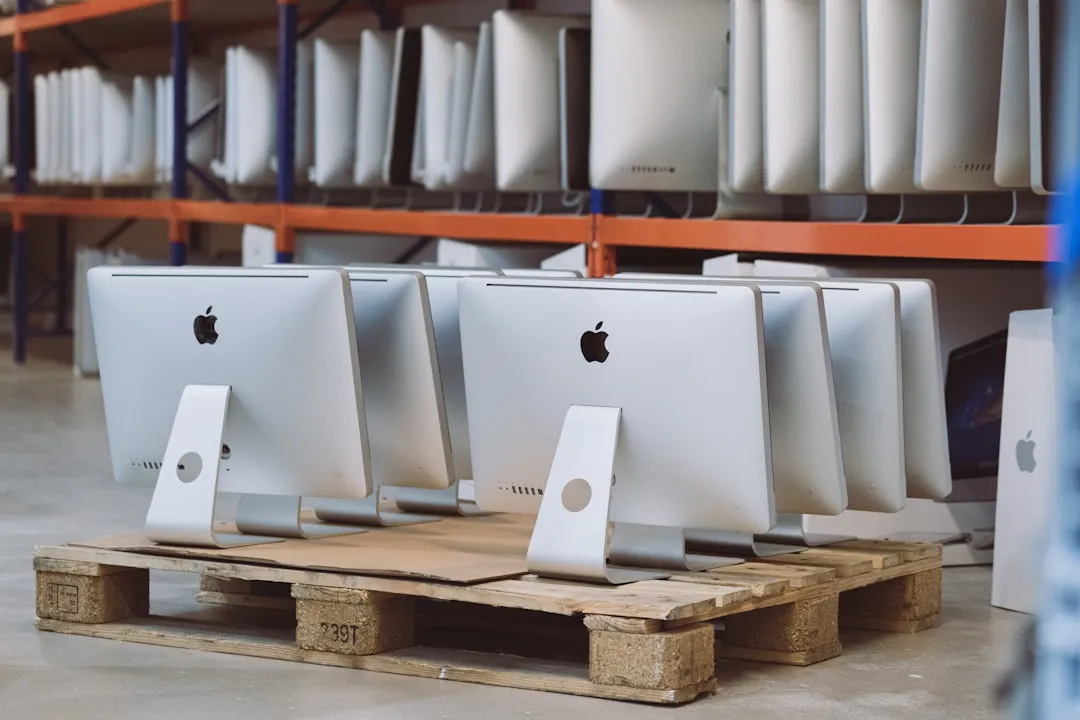



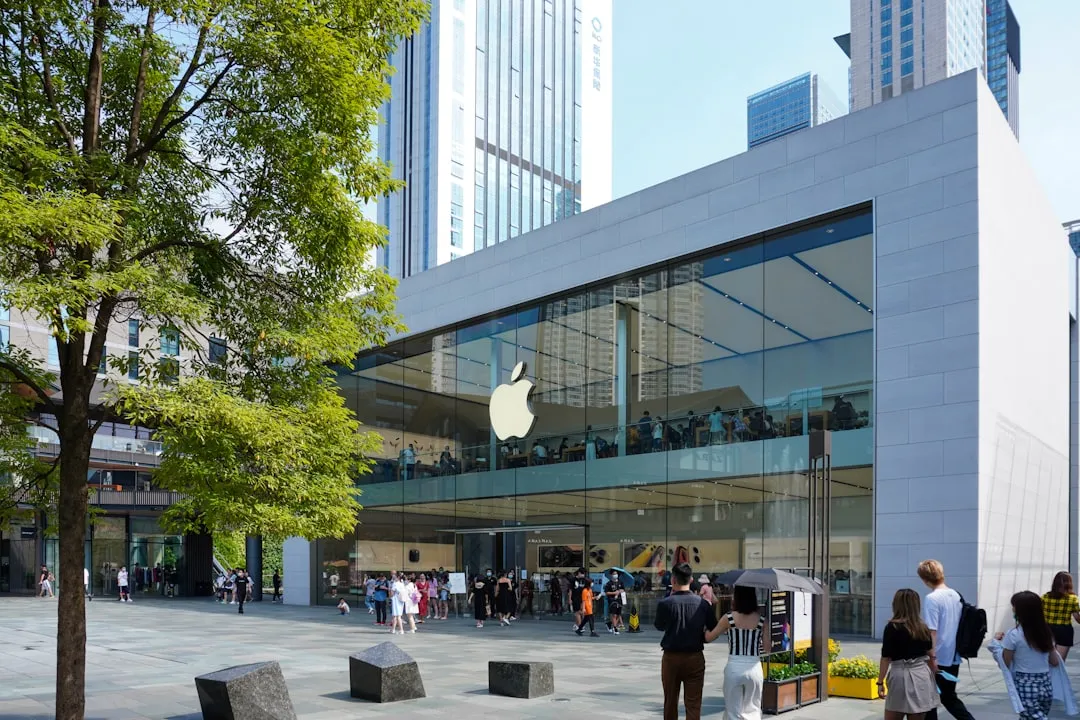
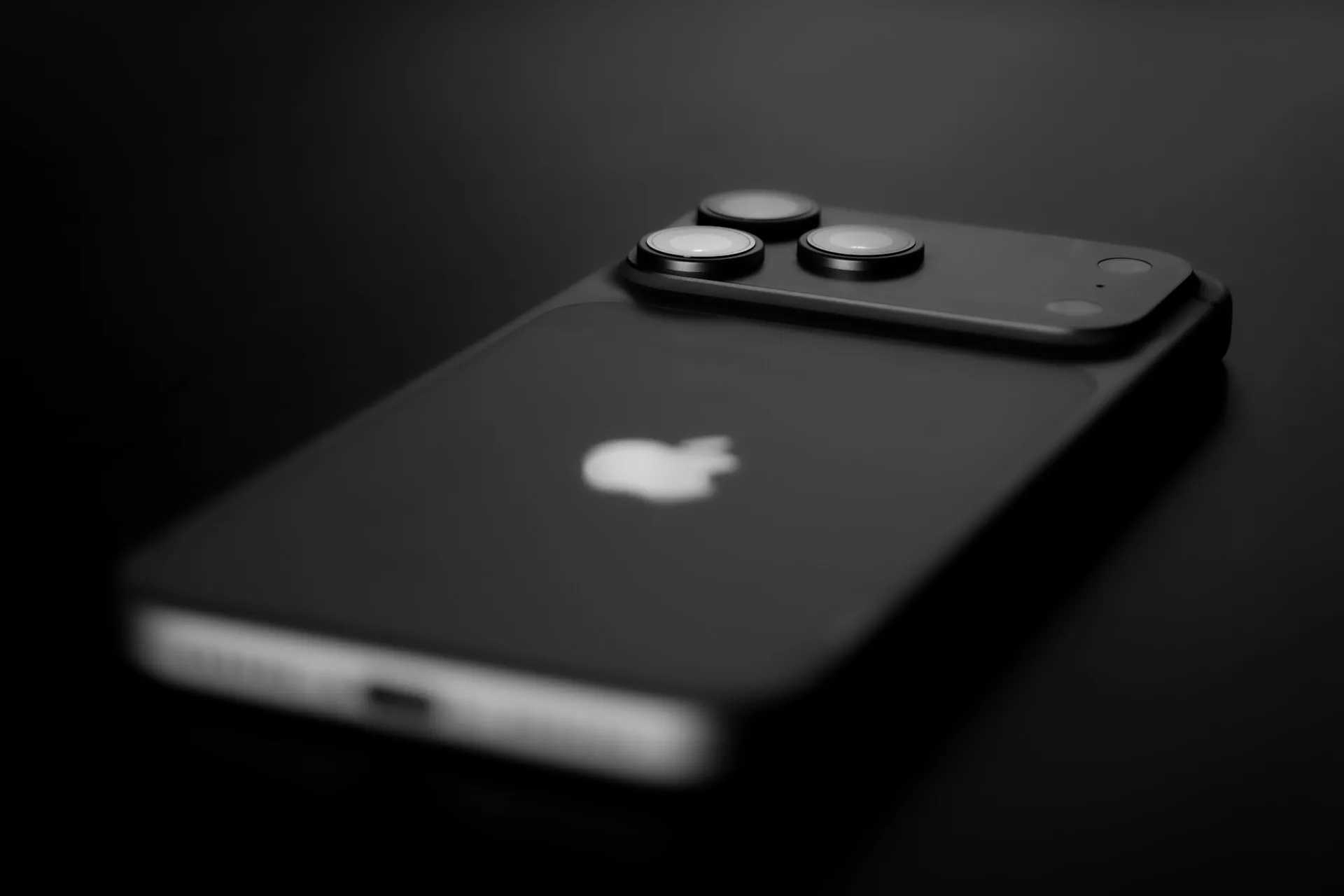
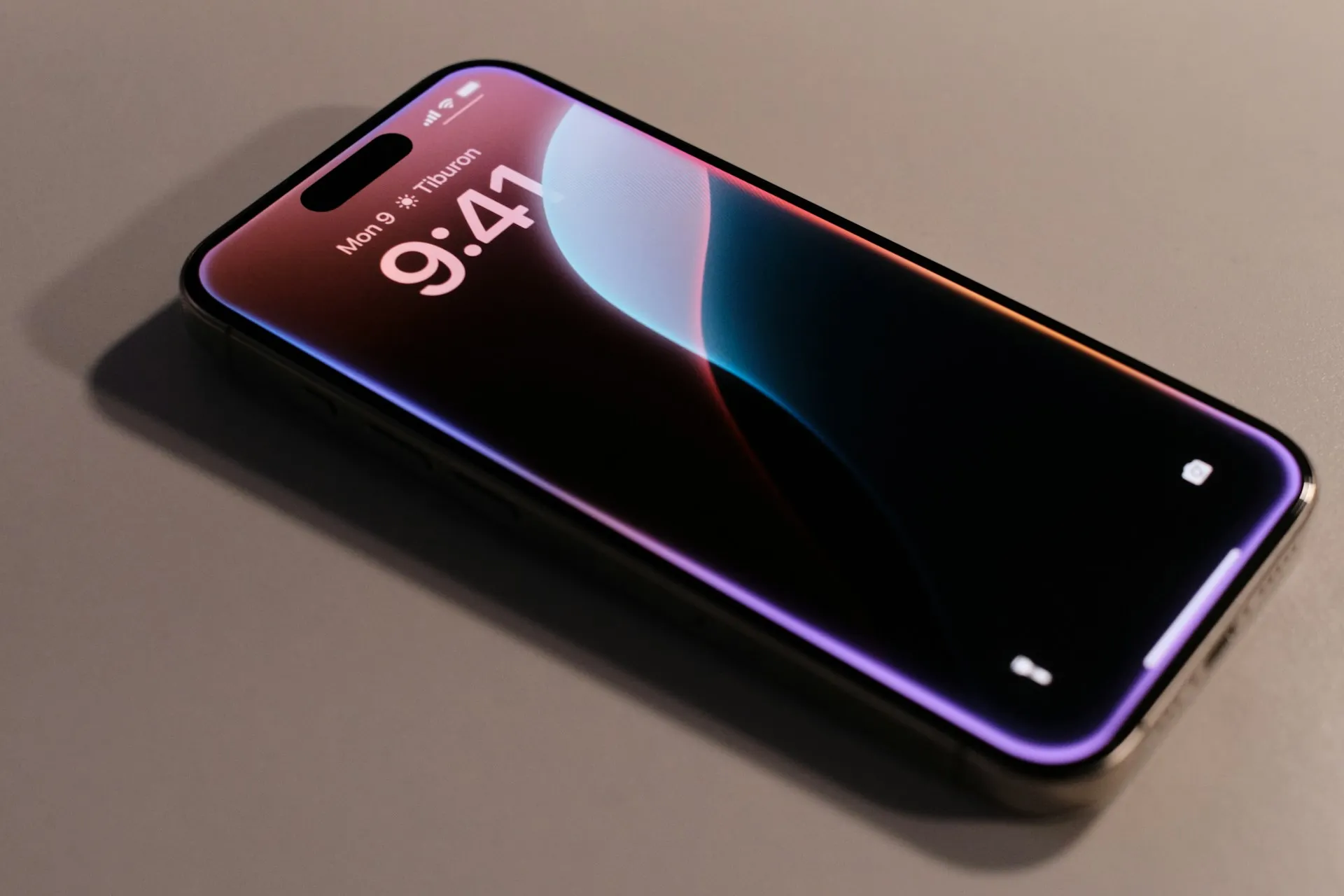
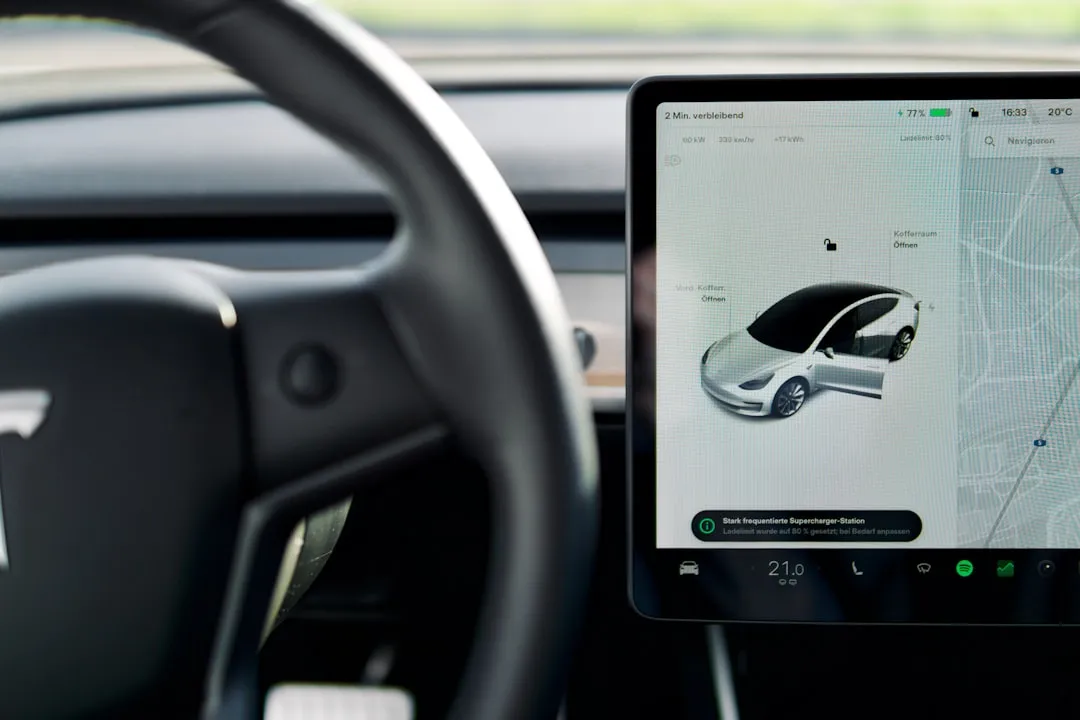


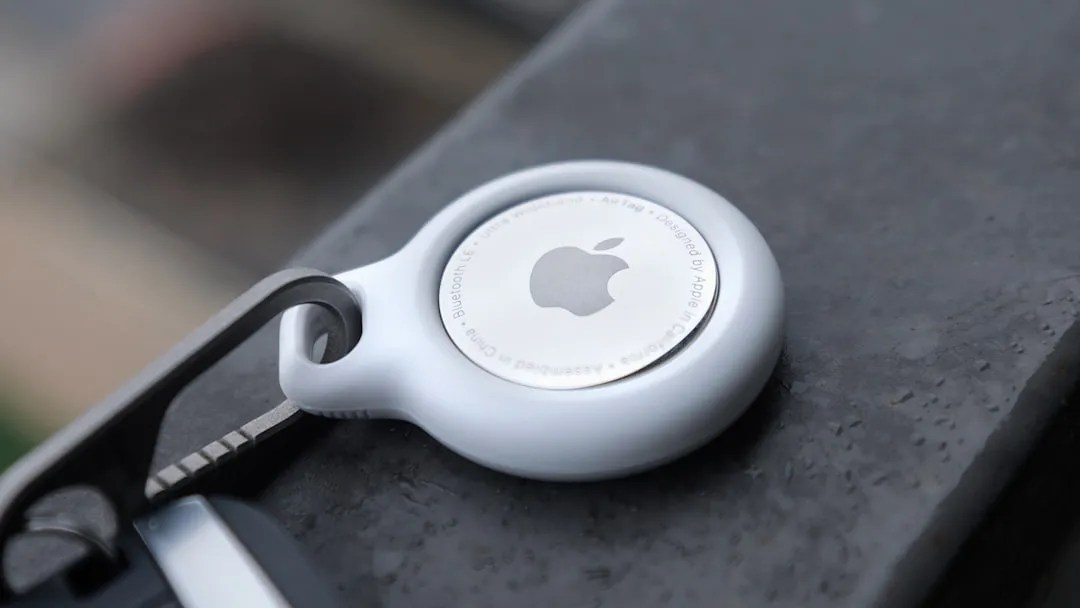

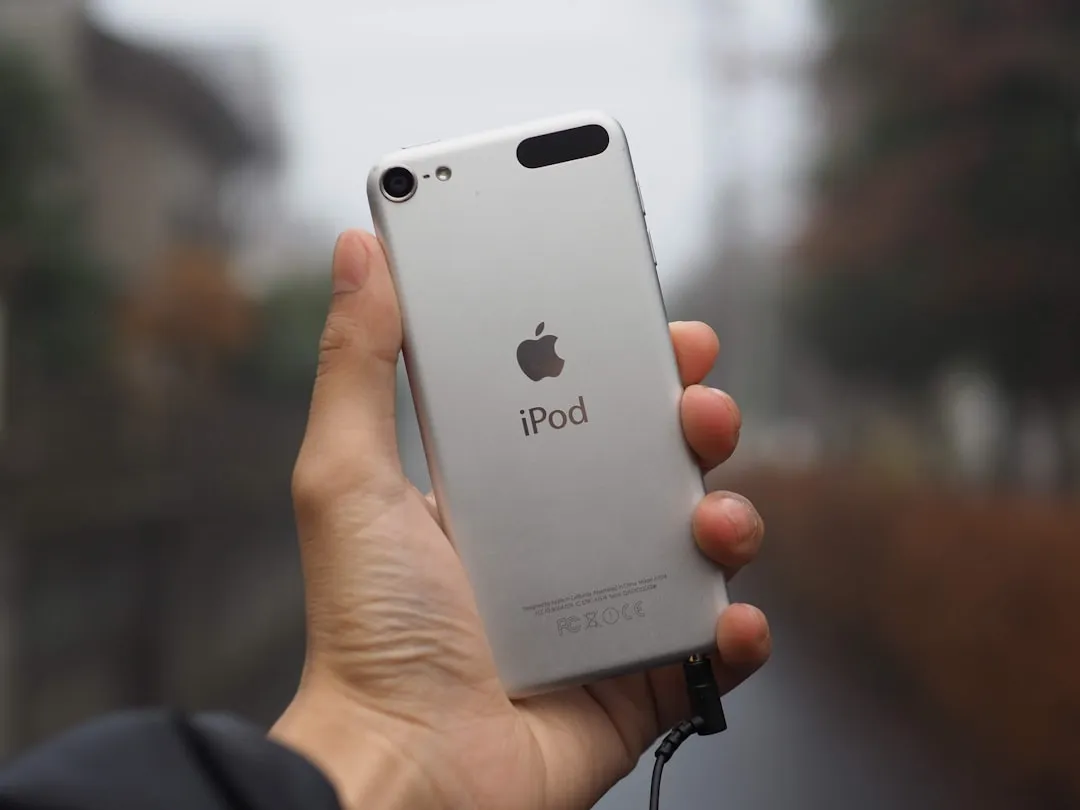
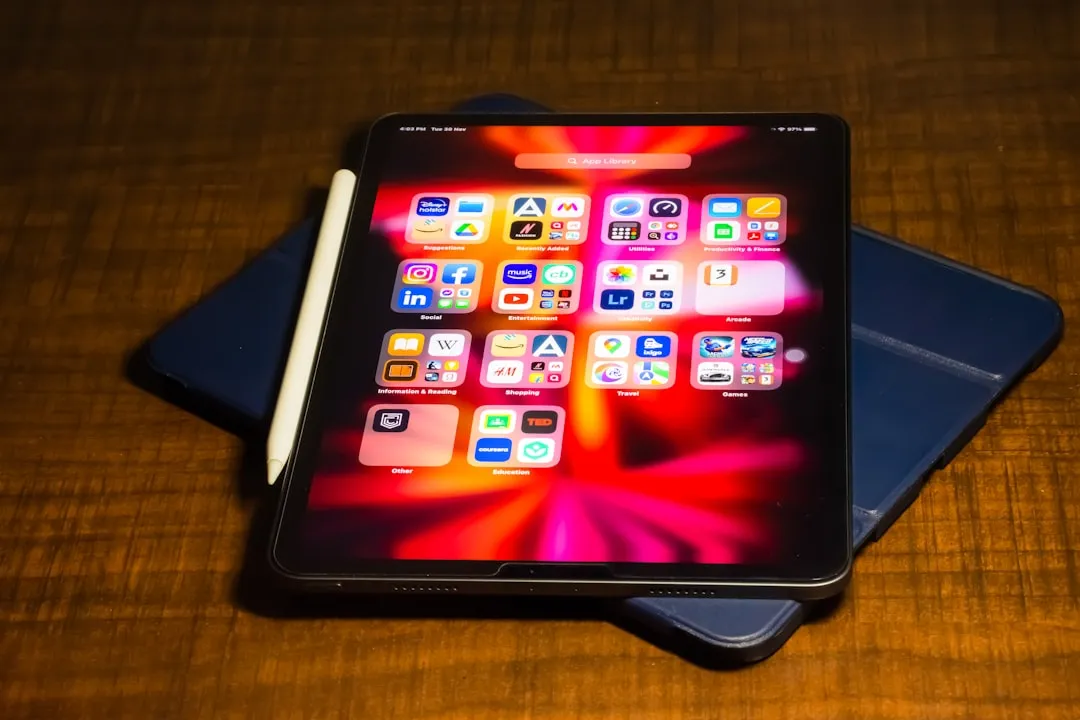

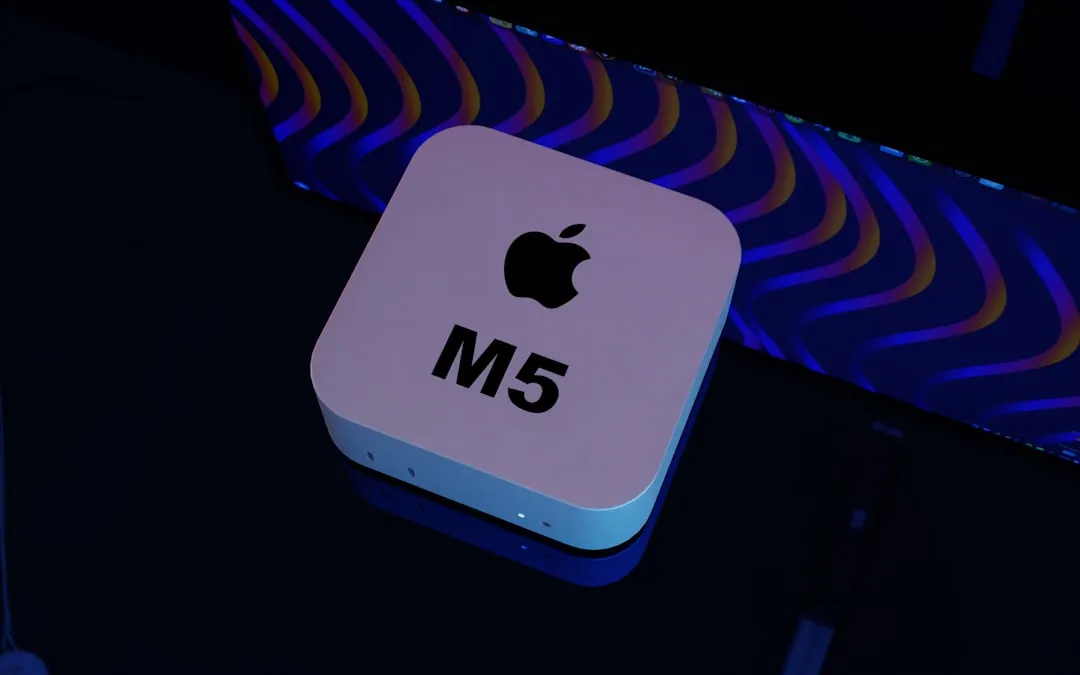
Comments
Be the first, drop a comment!